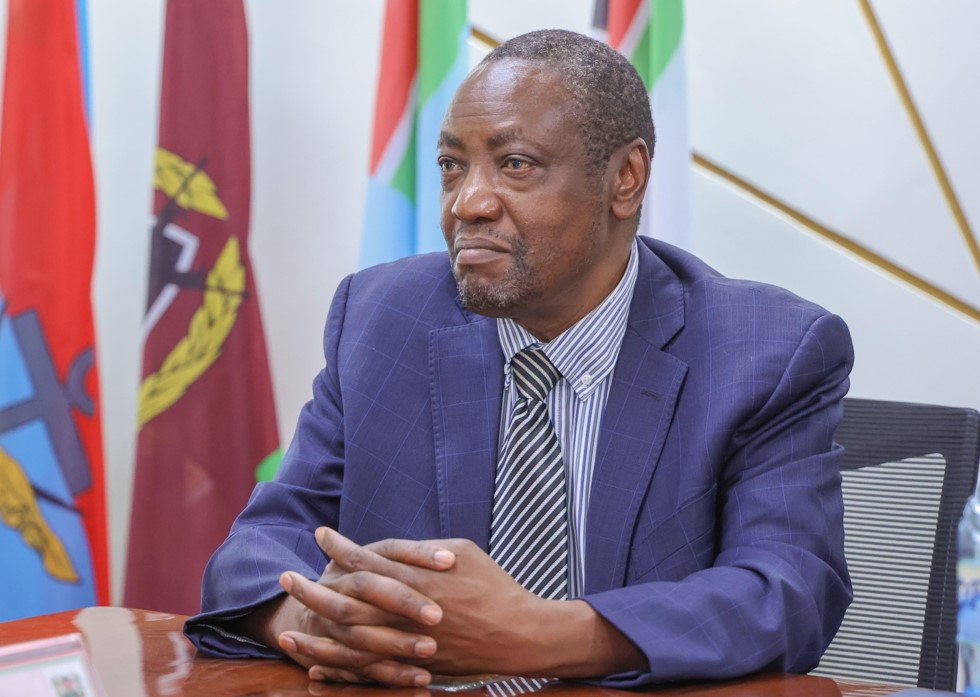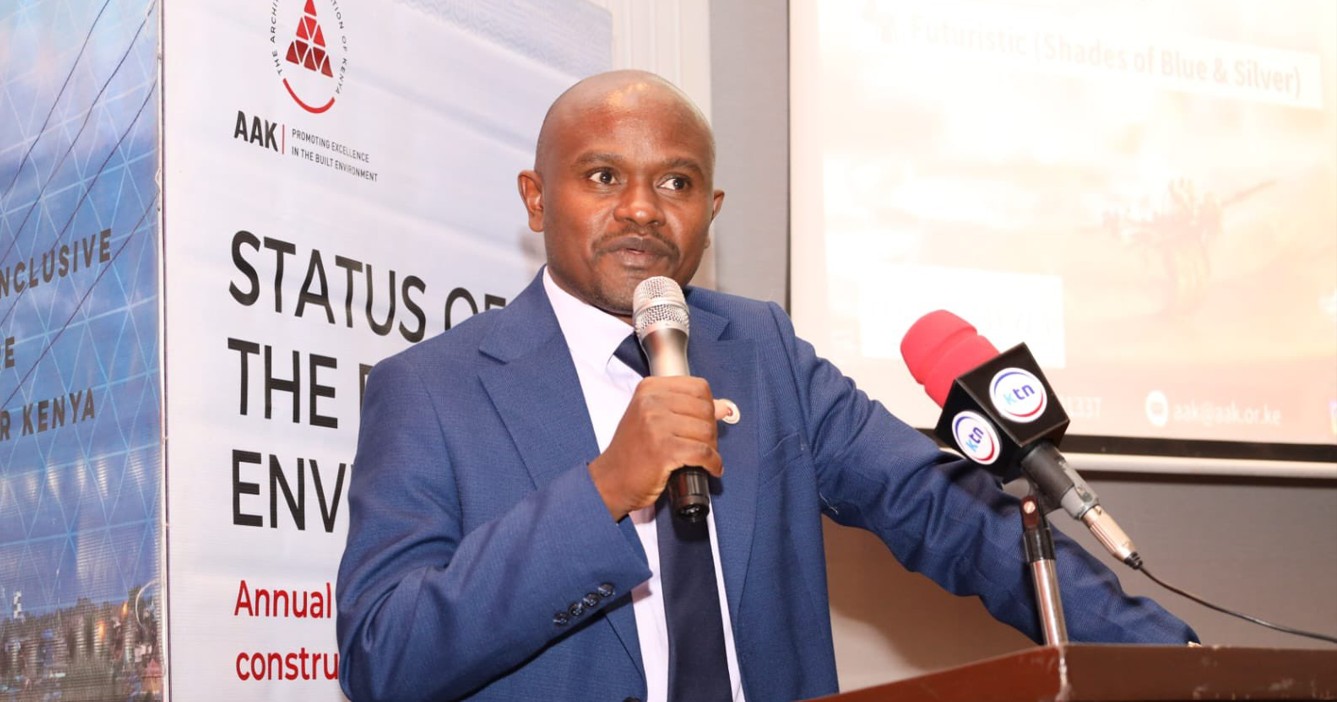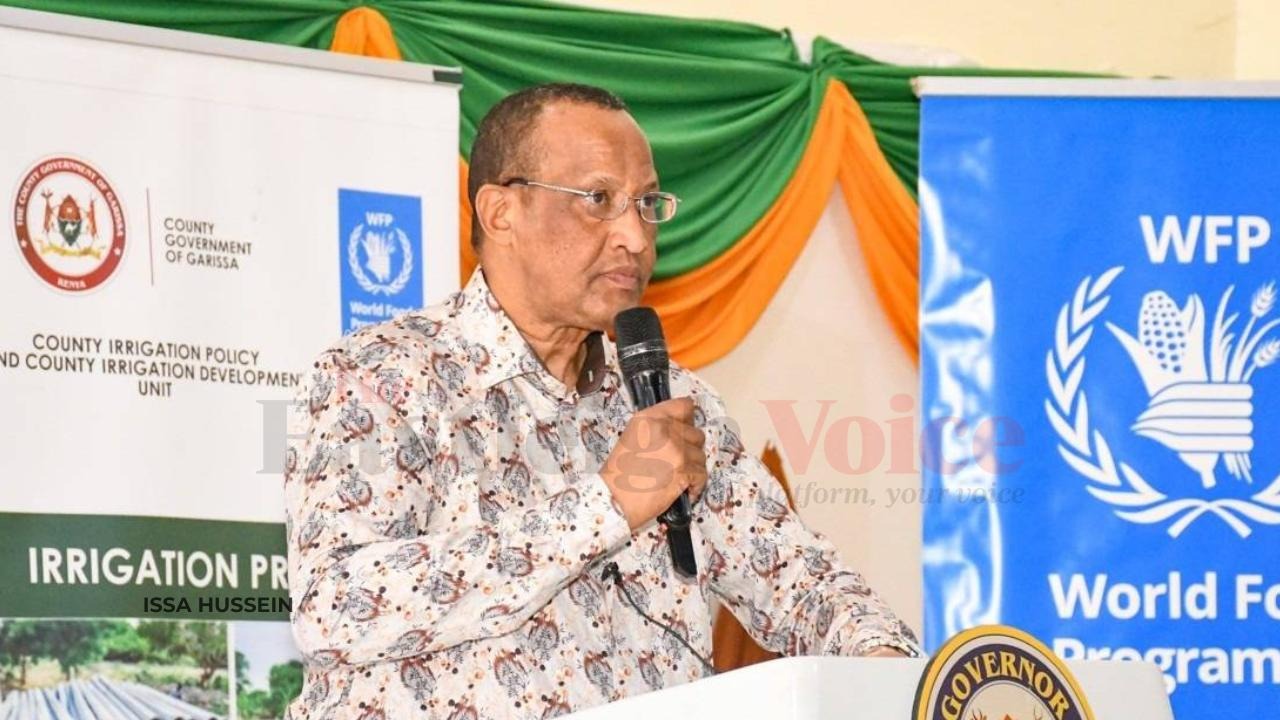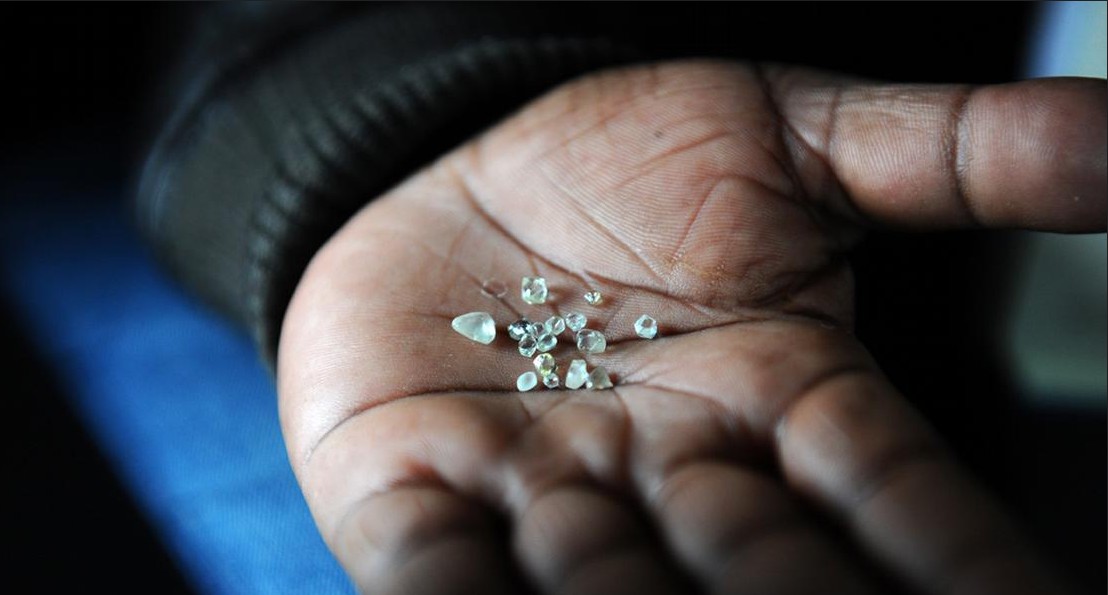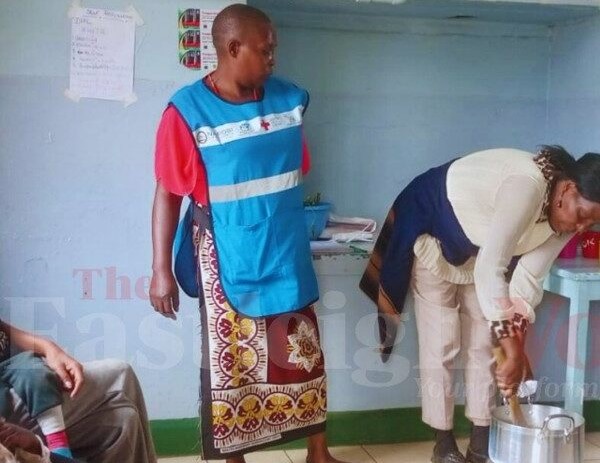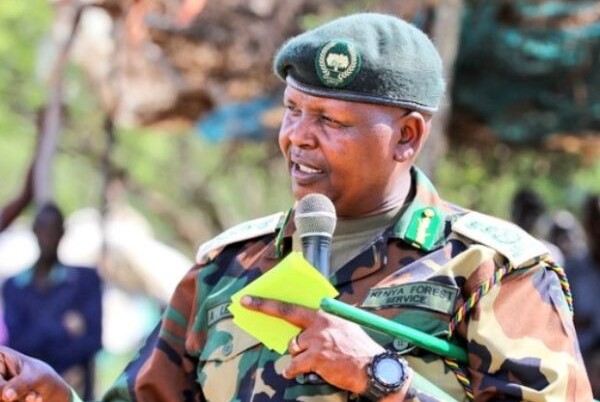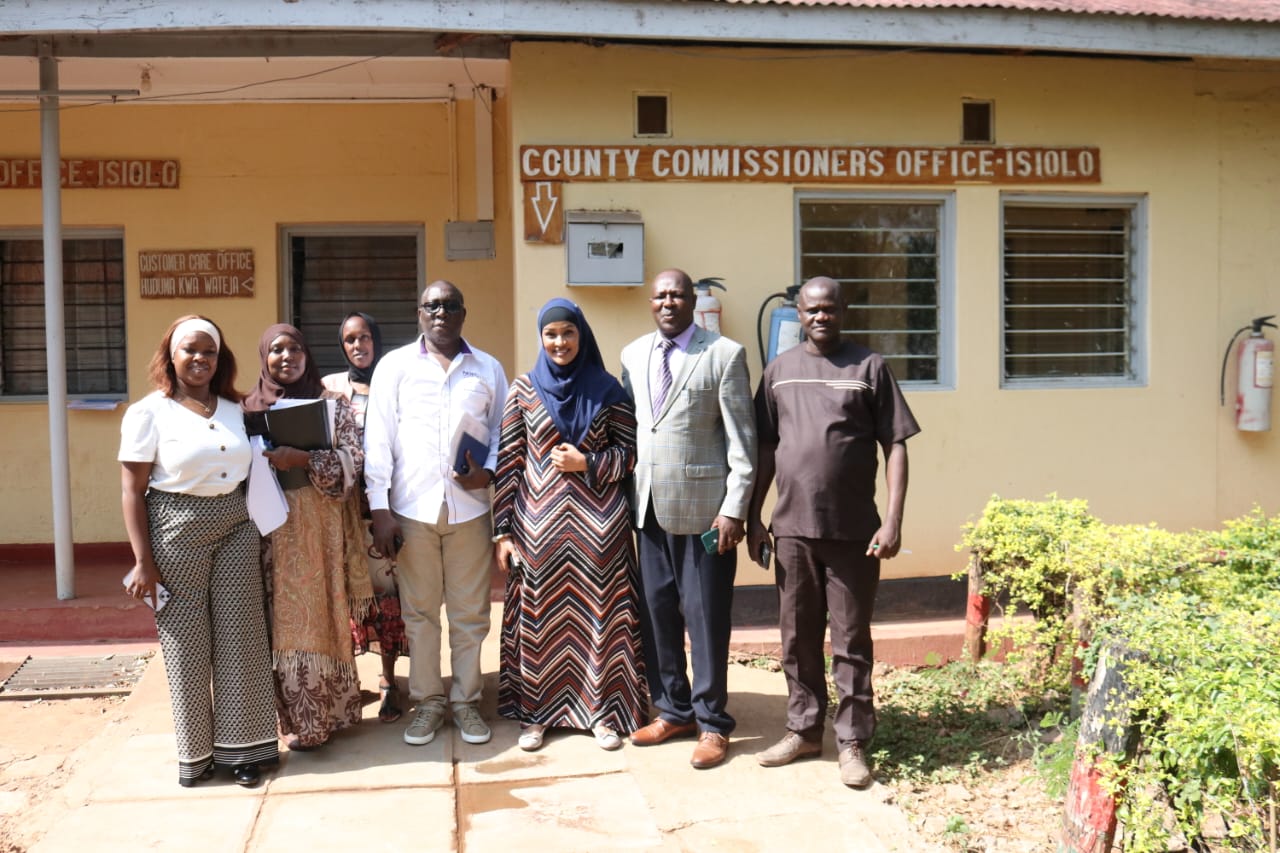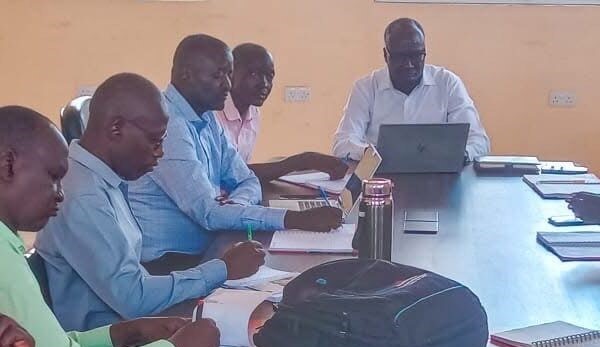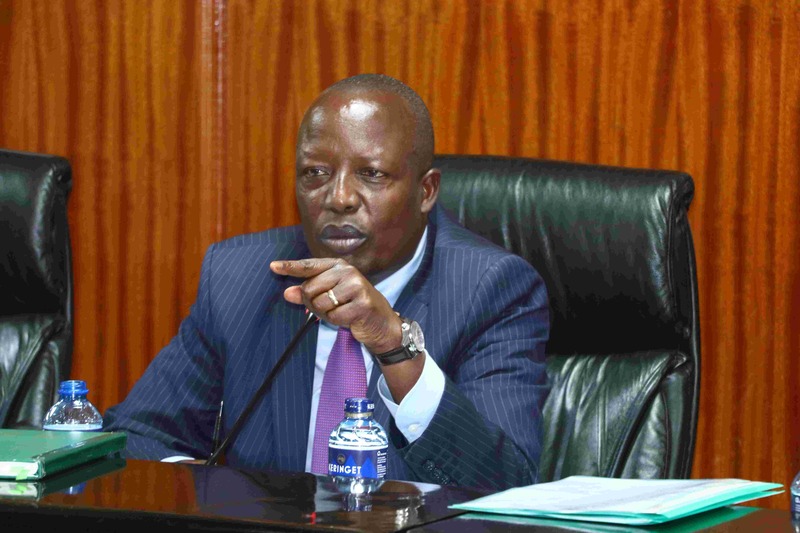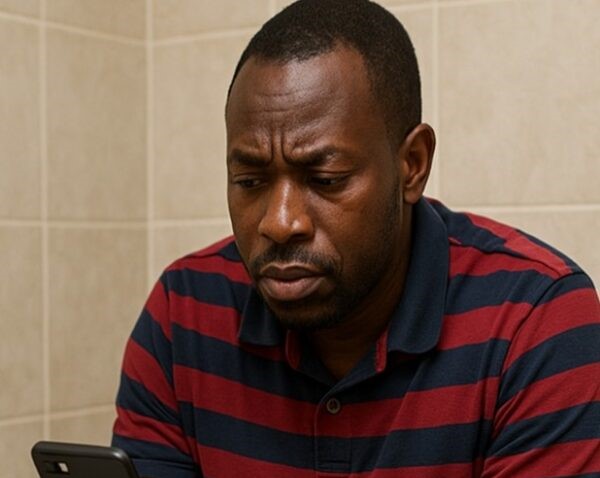National Police Service vows reforms after admitting error in Ojwang death report release
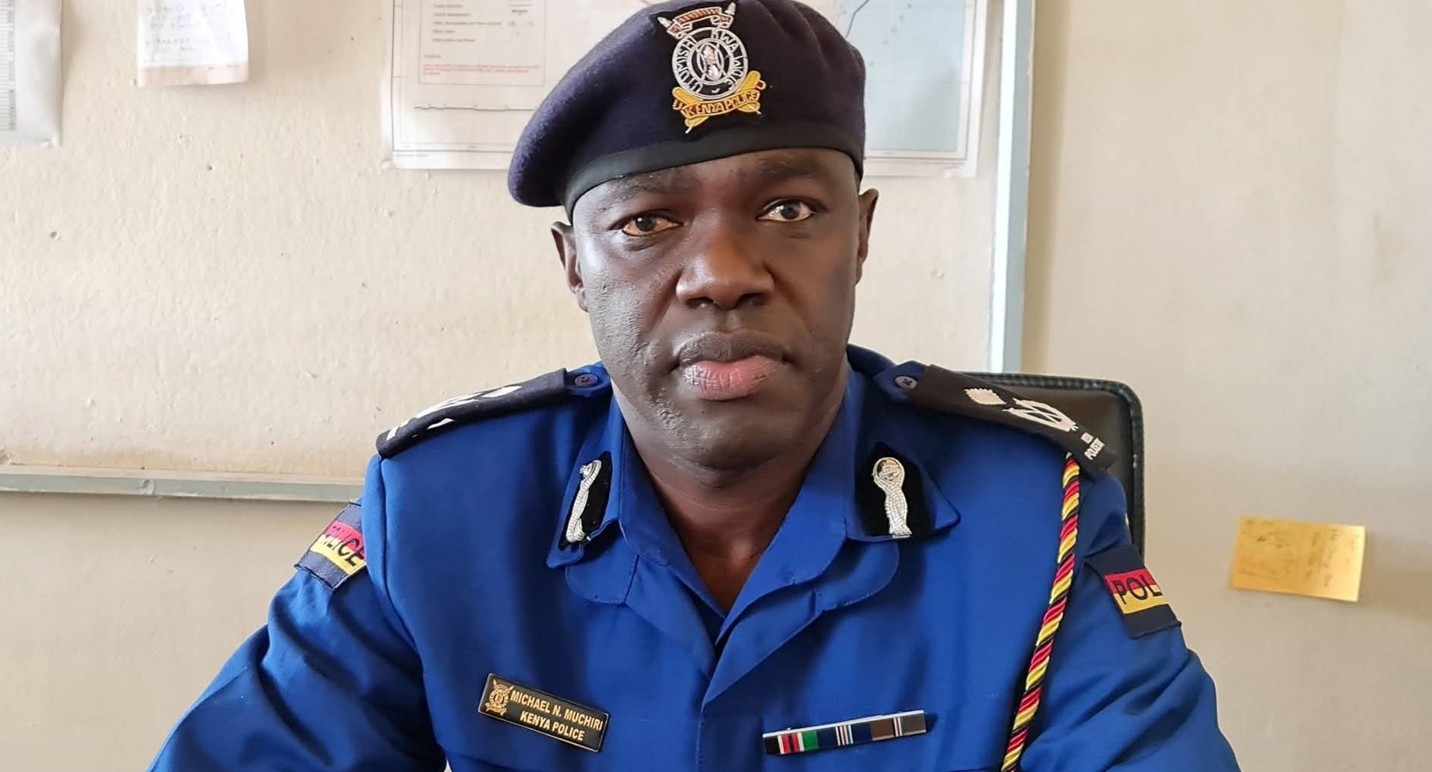
Muchiri admitted that the National Police Service was at fault for releasing a false report and termed the incident “a big mistake and shameful.”
Police Spokesperson Michael Muchiri has admitted that the report on Albert Ojwang’s death was released without going through the proper verification stages, resulting in the spread of misleading information.
Initially, police had indicated that the Voi-based teacher and blogger had hit his head on the wall of a cell at the Central Police Station in Nairobi, a claim later contradicted by a post-mortem report.
More To Read
- National Assembly summons Police IG Douglas Kanja over delayed reforms, payroll issues
- Kenya Police Service tops complaint list in IAU report
- How Kenya is leading Africa’s fight against cross-border crime
- Albert Ojwang’s killing: IPOA Chairperson Issack Hassan apologises for joint presser with police
- Police admit Shakahola lessons not fully applied after Kwa Binzaro cult deaths
- NPSC chair Yuda Komora vows to transform police into citizen-centered service
In an interview on Thursday, Muchiri admitted that the National Police Service (NPS) was at fault for releasing a false report and termed the incident “a big mistake and shameful.”
“When the report was presented to us, it did not seem suspicious at first, but after going through it, we identified several mistakes. Afterwards, another report was presented correcting the previous mistakes,” he told Citizen TV.
The police spokesperson disclosed that the officer who released the inaccurate initial statement is currently facing legal proceedings.
“The one who released the report is in court, as it is wrong to mislead the police,” he said.
Standard police procedure
Muchiri added that standard police procedure requires such reports to pass through several verification stages before release, a process that was not followed in this case.
“When the report came and we reviewed it, it’s true we saw inconsistencies. However, that was the report in raw form from the station (where Ojwang was held),” he said.
“However, there’s a subsequent report that comes after to correct the inconsistencies from the raw report.”
The police spokesperson stressed that the NPS is now on high alert to prevent the release of false or inconsistent statements, particularly in sensitive cases involving suspects in custody.
“Following the initial report, we’re now on high alert to avoid future publications of false or inconsistent reports,” Muchiri said.
Lost public trust
He also acknowledged that the police have lost public trust in recent years due to repeated incidents of brutality and unexplained deaths in custody.
“We as a force accept that there have been incidents that led to the loss of public trust, but I’m here to assure Kenyans that we are working on restoring the trust,” he said.
On the specific findings in Ojwang’s case, a post-mortem revealed he died from severe head injuries, neck compression and multiple soft tissue trauma, pointing to a possible assault in custody.
Muchiri clarified that once a death in custody occurs, responsibility for investigation and prosecution shifts from the police to the Independent Policing Oversight Authority (IPOA).
“Anything in relation to the death of a suspect in custody is not police duty from then on, but a duty to be undertaken by the IPOA,” he noted.
Muchiri also expressed regret over the fatal shooting of hawker Boniface Kariuki during protests, emphasising that police officers are trained to protect, not harm, civilians.
“An officer is not supposed to shoot to kill; he or she is taught which part of the body to shoot in a critical circumstance,” he said.
The spokesperson assured the public that justice will be pursued in both cases and similar errors will be avoided going forward.
“We should be cautious in such cases to avoid repetition in future,” he added.
Top Stories Today

